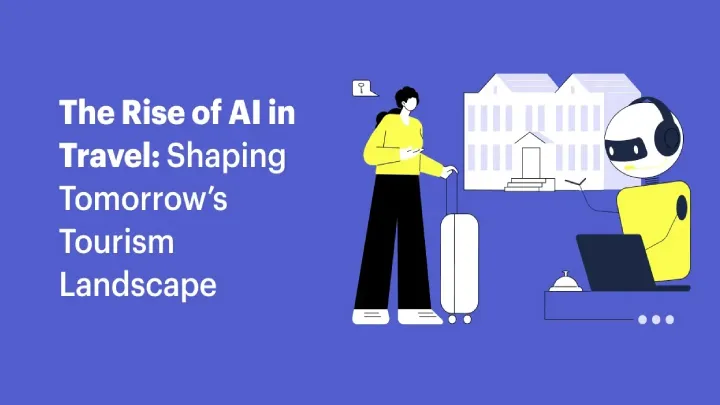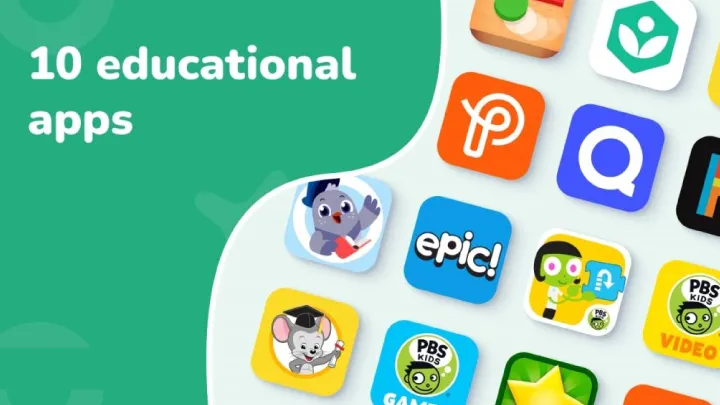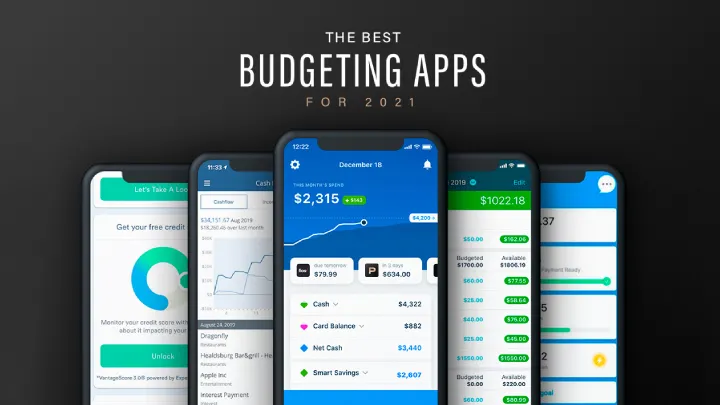Artificial intelligence has become the backbone of modern travel. From planning itineraries to translating languages in real-time, AI tools are simplifying the way we move around the world. In 2025, the landscape is more advanced than ever: apps now anticipate traveler needs, reduce stress, and help optimize both budget and experience.
This article explores the top five AI tools that are revolutionizing travel in 2025, organized in a meaningful chronological and thematic structure. Each section covers their evolution, core features, and how they are used today.

1. The Rise of AI in Travel (Early 2020s Foundations)
AI in travel began with simple chatbots that answered booking questions and offered flight reminders. Over time, these bots evolved into multi-functional assistants, able to scan price trends, suggest routes, and even track disruptions in real time.
By the early 2020s, companies like Google, Skyscanner, and Expedia integrated machine learning to predict price fluctuations. AI also began analyzing vast streams of traveler data to personalize recommendations—laying the groundwork for today’s far more advanced travel coaches.
This foundation set the stage for a major shift in 2025: travelers now expect AI to handle not just planning but also in-the-moment decision-making.
2. Hopper AI – Predictive Flight & Hotel Pricing
Hopper, a pioneer in AI-driven travel booking, continues to dominate in 2025 with its predictive analytics engine. It monitors billions of price points daily, allowing it to advise travelers on the exact best time to book flights and hotels.
The 2025 update goes beyond simple predictions. Hopper now offers AI-backed financial protection, automatically rebooking flights if prices drop after purchase. It also provides climate-conscious recommendations, factoring in carbon impact to suggest greener travel options.
For budget-conscious travelers, Hopper remains an indispensable ally, saving money and reducing the stress of guessing when to book.
3. Google Travel AI – The All-in-One Assistant
Google’s travel ecosystem has expanded dramatically. In 2025, Google Travel AI integrates Flights, Maps, Lens, and Translate into one seamless experience. A traveler can now snap a photo of a sign in a foreign language, get real-time translation, and simultaneously receive nearby dining recommendations.
The AI also uses generative planning. Instead of browsing multiple tabs, users can input prompts like: “Plan me a 5-day family trip to Rome with a focus on history and local cuisine.” Within seconds, Google Travel AI produces a day-by-day itinerary with booking links, estimated costs, and weather considerations.
For global travelers, this tool functions as a virtual travel concierge, minimizing research time while maximizing personalized experiences.
4. TripIt AI – Smarter Itinerary Management
TripIt has long been a favorite for consolidating bookings into neat itineraries. In 2025, it introduces TripIt AI Pro, which not only organizes trips but also adjusts plans dynamically. If a flight delay occurs, it automatically suggests alternative connections, rebooks rideshares, and adjusts hotel check-in times.
Another 2025 update is AI-powered document management. Travelers can upload passports, visas, and vaccination records, and the system ensures compliance with destination requirements. It alerts users if an entry form or permit is missing, reducing last-minute surprises at airports.
This evolution makes TripIt AI invaluable for frequent flyers juggling complex multi-country itineraries.
5. Airbnb’s AI-Powered Stay Recommendations
Airbnb has moved beyond just accommodation bookings. In 2025, its AI platform curates entire lifestyle-based experiences. Instead of browsing hundreds of listings, users can request: “Find me a pet-friendly apartment in Barcelona near art museums, with cooking classes nearby.”
The AI considers reviews, neighborhood data, and even noise levels to suggest properties aligned with personal needs. For hosts, AI helps optimize pricing and highlights eco-friendly upgrades.
By blending machine learning with community data, Airbnb’s AI reduces choice overload and ensures more meaningful stays.

6. Kayak & Skyscanner – AI Search Revolution
Global meta-search giants Kayak and Skyscanner continue leading in 2025. Their new AI chat interfaces allow natural-language queries like: “I want to spend under $1,000 for a 7-day beach trip from New York in August.”
The AI scans flights, hotels, and package deals across platforms, curating results with optimal pricing. Additionally, sustainability metrics are now integrated—allowing eco-conscious travelers to choose flights with lower carbon footprints.
This shift simplifies trip planning, especially for travelers overwhelmed by endless booking options.
7. Expedia & Booking.com – AI Concierge Services
Expedia and Booking.com have introduced AI concierge assistants in 2025, going beyond standard booking. Travelers can chat with an AI agent throughout their journey: checking baggage rules, rebooking accommodations, or locating nearby pharmacies.
Booking.com now integrates generative AI trip inspiration, producing curated guides based on individual traveler behavior. Expedia, meanwhile, focuses on loyalty-based AI perks, offering instant upgrades or discounts based on real-time travel context.
These services blur the line between online travel agencies and personal travel agents.
8. Language & Culture Tools – ChatGPT Travel Mode
In 2025, AI translation apps like Google Translate, DeepL, and ChatGPT’s new Travel Mode have made communication seamless. Users can have real-time bilingual conversations through earphones, breaking down language barriers instantly.
Beyond translation, AI tools now provide cultural coaching. For example, if a traveler in Japan asks about dining etiquette, the AI provides quick, context-aware advice. This ensures smoother interactions and reduces cultural faux pas.
These tools are especially powerful for solo travelers or those visiting less touristy destinations.
9. Safety and Accessibility Tools – AI Guardian
One of the fastest-growing AI segments in 2025 is safety-focused travel AI. Apps like AI Guardian monitor live data—weather, political events, and local crime reports—to alert travelers in real time.
Accessibility has also advanced. AI can now optimize routes for travelers with mobility needs, suggest wheelchair-friendly hotels, and even generate personalized packing checklists based on health requirements.
These innovations highlight AI’s potential not just for convenience, but also for inclusivity and safety.
10. The Future of AI in Travel – What’s Next?
Looking ahead, AI will continue reshaping travel. Experts predict more predictive personalization, where AI understands a traveler’s preferences before they even search. Imagine arriving at an airport and having your boarding pass, hotel room, and local dinner reservation already confirmed—all powered by AI.
We also expect tighter integration with augmented reality travel companions, allowing travelers to overlay directions, translations, and recommendations directly onto their surroundings.
As AI grows more capable, the balance will be between personalization and privacy. Travelers in 2026 will demand transparency in how their data is used while enjoying increasingly effortless travel.

Conclusion
In 2025, travel is more seamless than ever thanks to AI. Tools like Hopper, Google Travel AI, TripIt, Airbnb, and Kayak are simplifying the once time-consuming process of planning and navigating trips. Meanwhile, safety, accessibility, and cultural tools ensure travelers of all backgrounds feel supported.
AI has moved from being a novelty to becoming the core infrastructure of modern travel. As these tools evolve, they will make travel not just easier but also smarter, safer, and more sustainable.

















